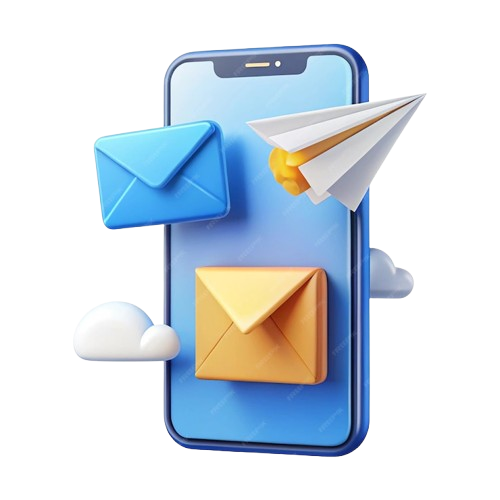With almost three billion unique active users (as of 2024), WhatsApp is clearly the world’s most popular messaging app – and its user base continues to grow at an incredible rate. With a massive presence in 180+ countries, it is also the number one messaging app in over 60 of them.
People have been using WhatsApp to communicate with friends and family and – increasingly – to connect with brands. According to Salesforce research, 65% of consumers prefer to use messenger apps to interact with companies. There’s no surprise now that a huge number of businesses have started using WhatsApp and other instant messaging Antigua and Barbuda Email List 19714 Contact Leads apps as a customer service channel in addition to serving their clients across more traditional channels like phone, email, and live chat.
In this blog, we’ll take a deeper look at why you should be using WhatsApp for customer service in 2024 and how to do it effectively to maintain customer satisfaction.
Should You Use WhatsApp for Customer Service?
The short answer is yes. WhatsApp Business app is an excellent solution for small businesses to start using the WhatsApp platform to support their customers. For larger companies and enterprises, however, there’s a more flexible and scalable solution – WhatsApp business API.
Through WhatsApp business API, you can easily integrate WhatsApp with your current omnichannel customer service software, handle large volumes of support requests, integrate a chatbot for automated responses, engage customers proactively through WhatsApp campaigns, and do much more.
More specifically, here’s why integrating WhatsApp into your customer communication strategy is a worthwhile investment, benefiting both your customers and your business:
Benefits of Using WhatsApp for Customer Service
Support your customers where they already are. For one thing, your customers are there – users across all age groups are already using WhatsApp beyond simply interacting with friends and family. Did you actually know that 175 million users send messages to WhatsApp business accounts each day? And according to data from Statista, the two most common reasons people contact businesses on WhatsApp are customer service and pre-sales support. It makes perfect sense for nearly any business to use it as one of the primary support channels.
Offer customers the convenience of asynchronous communication
Secondly, it’s simply convenient from your customers’ perspective. The asynchronous nature of WhatsApp communication means your customers and support reps can exchange messages without requiring both parties to be present or active at the same time. Unlike interacting through phone calls or live chat, where customers are expected to respond immediately, on WhatsApp, they can respond at their own pace, whether it’s within minutes, hours, or even days later. This flexibility and convenience can ultimately help you improve customer experience.
✓ Deliver support to customers across time zones
If you’re operating a business in multiple locations, chances are your customers and support agents span several time zones. WhatsApp’s asynchronous messaging capability makes it easier for your team to support your customers across different time zones. Each conversation can seamlessly continue even if both parties are never available at the same time. And with the entire conversation history and customer data saved, every agent will always have the context of previous interactions.
✓ Enable a secure customer communication channel
With data breaches on the rise, data privacy and security became increasingly important for consumers as they interact with brands. A SAS study found that 73% of consumers have grown more concerned about their data privacy over the last few years. When it comes to WhatsApp communication, consumers can rest assured that their interactions with brands are secure and protected. According to WhatsApp itself, when you message someone using WhatsApp Messenger, end-to-end encryption ensures that data is transferred securely between endpoints and cannot be accessed by anyone else, not even WhatsApp.
Improve customer experience with rich media features
What’s also great about WhatsApp is that it supports rich media content, including images, videos, PDF documents, and voice notes to enhance communication. For example, customers can share screenshots of issues they’re experiencing, allowing your support reps to identify the problem faster and offer an efficient resolution, improving your First Contact Resolution (FCR) rates. Similarly, agents can provide customers with tutorials, short video guides, or other visual aids, simplifying complex instructions and allowing for faster and more efficient issue resolution.
✓ Automate your customer support with an integrated chatbot
Gartner predicts that by 2027, chatbots will become the primary customer service channel for roughly a quarter of organizations. And based on Intercom’s report, 45% of customer service teams are already using AI chatbots. WhatsApp business platform allows you to integrate AI-driven chatbots and deliver 24/7, automated customer support, enabling your customers to get the information they need or resolve basic issues independently. Customer convenience aside, chatbots can automate repetitive tasks like answering frequently asked questions and reduce the load on your customer service team.





